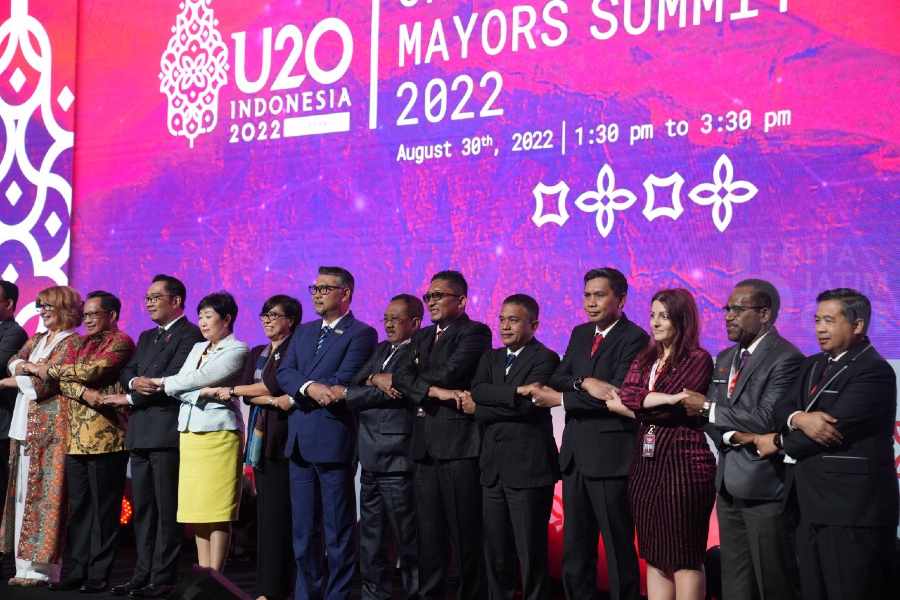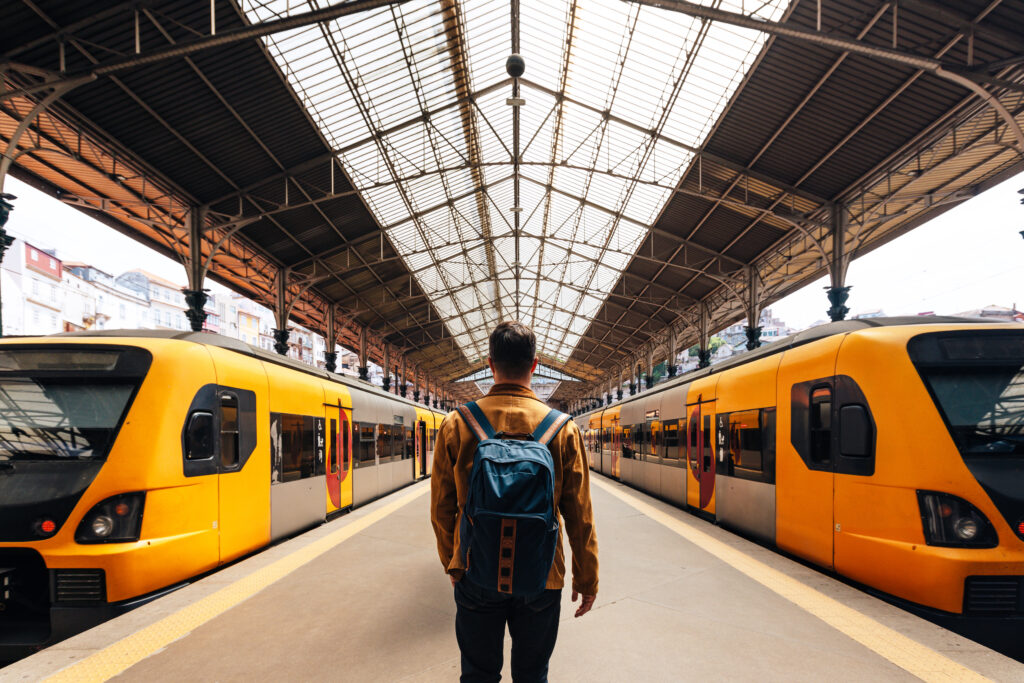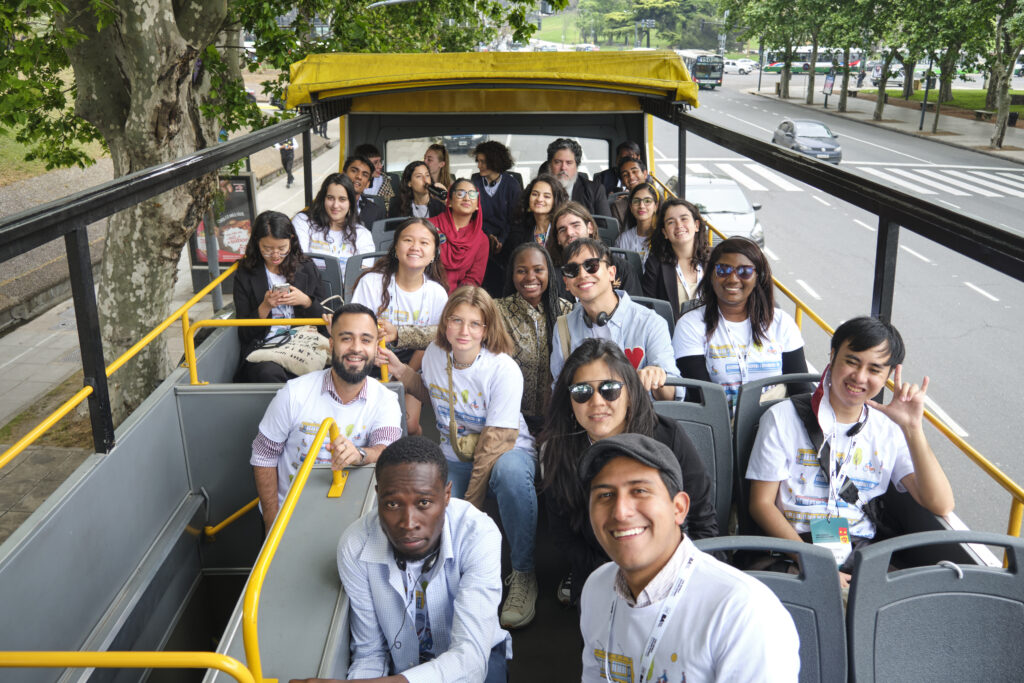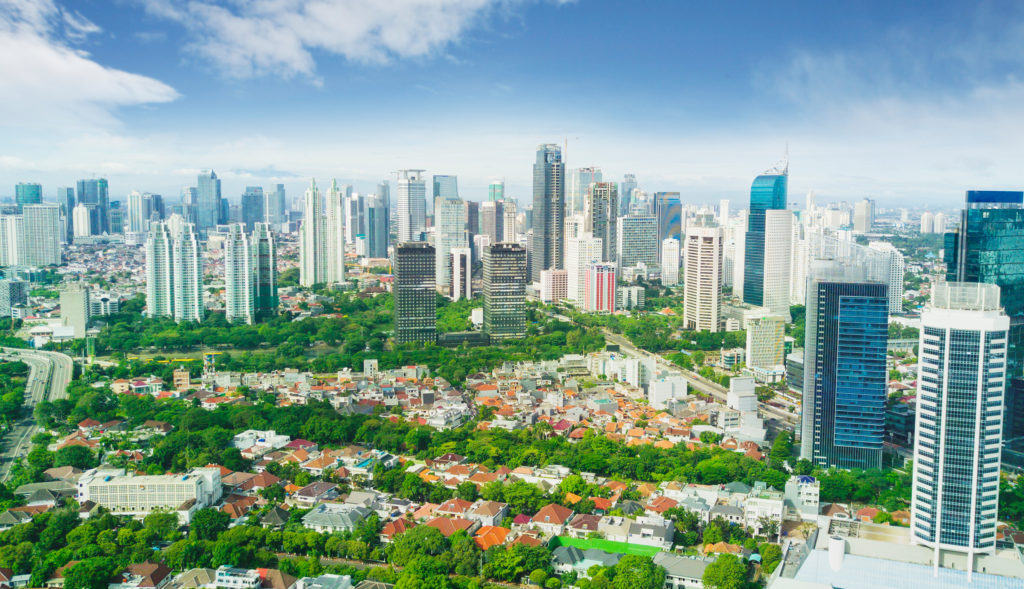Sustainable mobility made a key priority by global cities ahead of the G20 Summit
The U20 Summit, a forum for city governments to contribute to the global policy agenda, marked a critical moment ahead of shaping the focus of the G20 Summit, also taking place in Indonesia later this year.
By facilitating discussions between countries and cities from the G20, the Urban 20 establishes a platform for cities to collectively inform G20 negotiations. Every year the U20 brings together a group of Participating Cities. These cities are important economic or population hubs, made up of major C40 and UCLG member cities from G20 countries. The U20 also invites G20 and non-G20 capital cities and intermediary cities as Observer Cities represented by their Mayors, and works with other organisations as U20 partners.
Last August, 45 U20 city representatives endorsed a joint position to prioritise public transport as a key way to facilitate a global, inclusive and equitable pandemic recovery across the world’s biggest cities.
By highlighting a “sustainable energy transition and equal access to sustainable mobility” as one of the forum’s Communiqué top three priorities, cities have made clear the undeniable importance of developing public transport in order to “recover together, recover stronger” post-pandemic.
This includes prioritising measures and investments that increase the share of urban journeys made by public transport, walking and cycling and reduce private car use.
As a partner of the U20, the International Transport workers’ Federation played a key role in putting public transport at the forefront of the Forum’s climate agenda. In its U20 White Paper, the ITF illustrated how public investment in public transport can deliver on multiple U20 priorities, such as providing social, economic and environmental benefits through employment opportunities, gender equality, and air quality improvements.
The ITF’s statement, reflected in the U20’s call to action, illustrated the undeniable connection between environmental progression and social progression, particularly in the case of public transport systems.
As a result, the U20 Summit emphasised that public transport developments should always prioritise passengers and workers. Investment should ensure that public transport is safe, clean, reliable, inclusive and affordable in order to address the necessary concerns of women, children, ageing, minority, and vulnerable communities, as well as those with mobility challenges.
U20 has called on G20 governments to work collaboratively to synthesise these priorities into policy later this year, in order to create a “mutually desirable post-pandemic recovery” that boosts social protection and cohesion.
You can read the press release from the Summit here.





